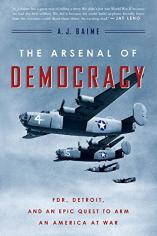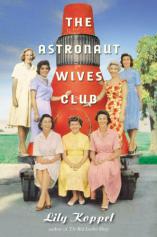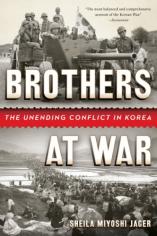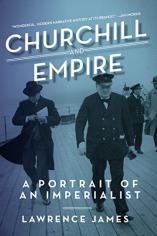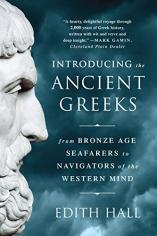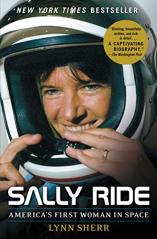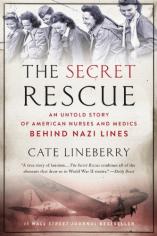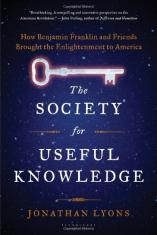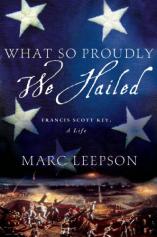June 2014
History Books Roundup: Reliving the Past
June 2014

June’s roundup of History titles includes THE EXPLORERS, Martin Dugard's riveting account of one of history’s greatest adventures --- the Burton and Speke expedition of 1856 --- and a study of the seven character traits all great explorers share; A. J. Baime's THE ARSENAL OF DEMOCRACY, a dramatic, intimate narrative of how Ford Motor Company went from making automobiles to producing the airplanes that would mean the difference between winning and losing World War II; JET SET by Vanity Fair contributor William Stadiem, the first-ever book about the glamorous decade when Americans took to the skies in massive numbers as never before, with the rich and famous elbowing their way to the front of the line; and WHAT SO PROUDLY WE HAILED by Marc Leepson, the first full-length biography of Francis Scott Key in more than 75 years, which is being published to coincide with the 200th anniversary of “The Star Spangled Banner.”


